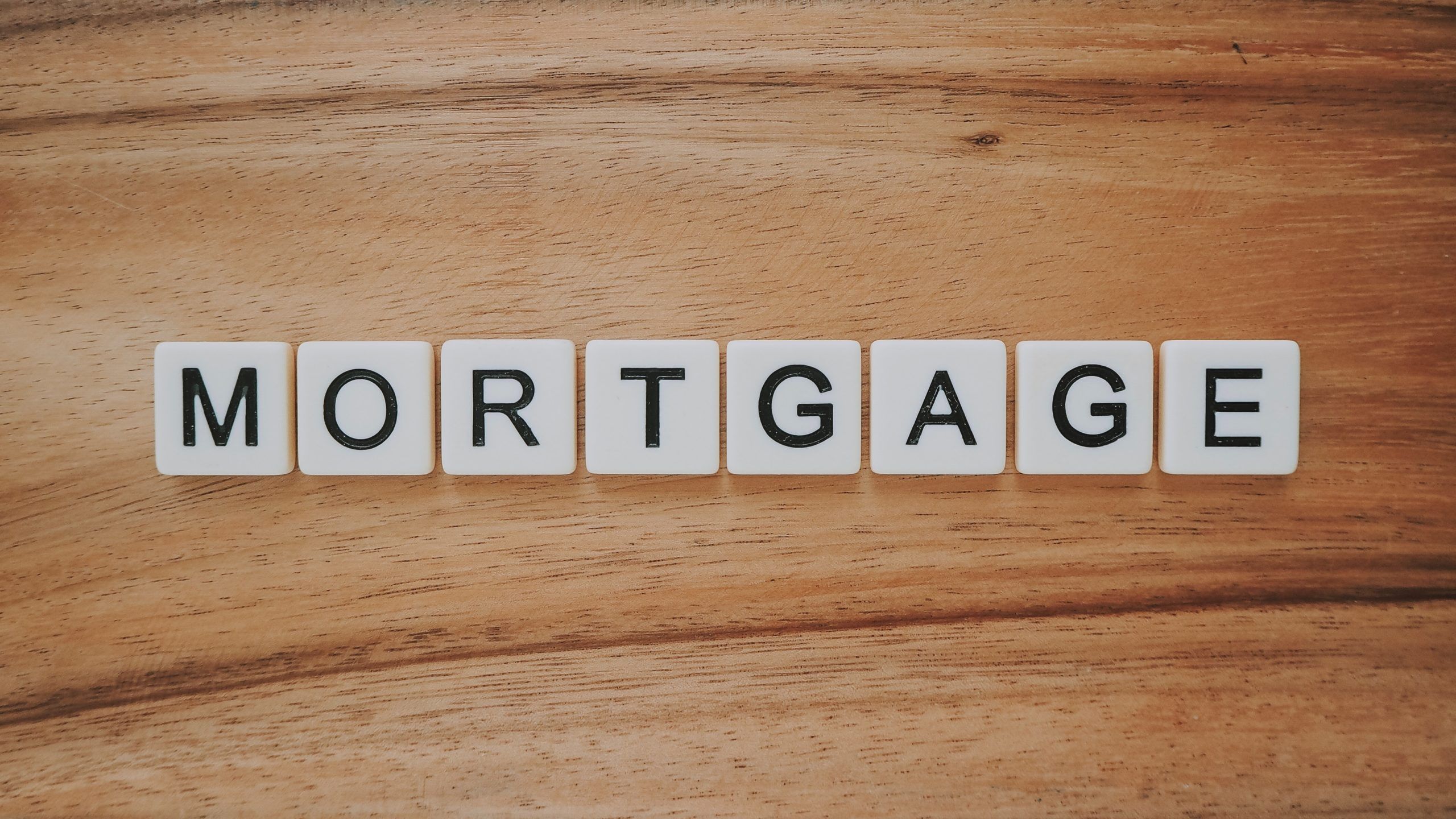Mortgage Lending Through COVID-19

The Covid-19 pandemic has hit us hard in the financial services field. Mortgage brokers were deemed essential services and I may be a bit jealous when I see my friend’s social media feed, they are on their 25th Netflix series. Currency in our house these days with two people sharing on home office, is being able to “dibs” the office and not being relegated to the kitchen table while the other one is on live webinar or live streaming a math class (my husband is a high school teacher). Jealousy does not last long, because I am needed. Fielding calls on how to defer mortgage payments and lower the cost of borrowing prove to be very rewarding. Thru the past couple of weeks, I have been taking notes on things that need to be discussed.
Deferral does NOT mean NO COST or zero interest
Many Canadians are deferring mortgage payments. Please understand that a deferral does NOT mean NO COST or zero interest. If you have unfortunately experienced loss of income and need to defer, the interest will still accumulate. This is not free money. If you have experienced income loss, you need to apply for deferral directly with your lender. Deferrals are granted on a case by case basis, provided you have loss of income. You can ask to defer both owner occupied and investment property mortgages. If you are looking to defer, many of the lenders encourage you to log on to your mortgage account on-line and look for the Covid-19 link.
Lenders are paying their customer service staff double time-and-a-half as they experience a 400% increase in volume. Patience is required . . . a lot of it. Please don’t call you lender to ask, “what happens if” – only call if you need immediate help. Use me as your resource. It does not matter if I am your broker or not. If you have questions, please email me at [email protected]. I would be happy to answer your questions.
To defer or to not defer, that is the question
If you are making the difficult decision to defer or to not defer – Ask questions! How is your lender calculating re-payment? Your mortgage payment is made of both principle and interest. It is looking like once the crisis is over, some lenders will look at the deferred interest and increase your payment over the remaining term of your mortgage. The deferred principle repayment will likely be added to your balance owing at the end of your term. This means your mortgage payment will increase once the deferral period is over.
If you have a fair amount to time left in your term and depending on the size of your mortgage your payment increase will be less than someone who is closer to the end of their term. Lenders are being very reasonable to work with – they want to work with you to find a solution for both parties. Remember: mortgage lenders are not in the business of home ownership . . . they are in the business of lending. They want you to keep your home.
Remember that other portions of your housing cost still need to be paid. Property taxes (education component can be deferred), condo fees, rent, etc. Condo boards still need to do maintenance on your property and pay for the insurance if you own a condo. If you’re a tenant, work with your landlord on a payment arrangement if you have lost income – your landlord still needs to pay the mortgage payment and the property taxes.
Nothing is for free. Everything you defer will need to be paid back. Use the deferral options if you really need them but understand if you defer it is going to cost you more money in the long run. Deferring your mortgage payment is costing about 3%. This is, by far, the least expensive money you can find. So, if it’s paying credit card interest or advancing funds on a line of credit, DEFER. Let’s also keep in mind that staying positive starts with staying calm.
Reduce your financial stress.
I feel that I need to correct the media, and the hype they cause, saying that interest rates are falling. That statement is partially true, but it requires further explanation. The two main types of mortgages are variable and fixed. Variable rates fluctuate and are based on prime rate. Prime rate has dropped to 2.45% which means the internal bank lending rate is 0.25%. The spread is where the banks make their profit. There is little room for it to drop any further. Economists anticipate this prime rate to stay low for 2020 and 2021.
In the past when you were offered a variable rate mortgage you were offered a discount on prime rate. For example, prime minus 90 (2.45 -0.90 = 1.55%) Don’t get excited – this is the way it used to be (if you have one of these mortgages send your mortgage broker a bottle of wine because you are paying 1.55% on your mortgage!). Now, since the Covid-19 crisis, most lenders are prime plus 10 (2.45 + 0.10 = 2.55%). This is still awesome, but consumers think the first example is still available and it’s not. The prime rate has dropped, yes, but the cost of borrowing has increased.
Fixed rate mortgages have a locked-in rate that does not fluctuate with prime rate. We saw a quick drop in fixed rates and then a rapid increase in fixed rates. Fixed rates are rising and typically are driven off the bond yield, which would mean the bond yield should be rising . . . but it isn’t . . . it’s dropping. This makes no sense at all. What does make sense is lenders are in full blown deferral mode – meaning their costs are growing exponentially as they pay their staff overtime, portfolio insurance and liquidity premium, while they have limited income as more and more Canadians defer. As costs increase, I anticipate that the cost of borrowing will increase with both fixed and variable interest rates rising.
Change is in the air
I attended a webinar this morning and I have no intent on instilling fear, but the general opinion (not fact) is lending is going to change. We have already seen one lender discontinue applications for home equity lines of credit. We anticipate lenders to potentially discontinue refinances and for lenders that continue to offer refinances, will loan to value be reduced? Naturally, we will likely see the most change in qualification criteria in the areas, that in the past have the most amount of mortgage default. (Canada in the past has a mortgage default rate of 0.27%).
Previously rental properties, and self-employed borrowers that are verifying minimal income with Canada Revenue have caused the most amount of default. There is also speculation that in the future that sources of down payment will change. Cash is king moving forward. On the positive side of this speculation, does this mean that maybe to stimulate housing, that perhaps a longer amortization may come back? Makes sense to me, as it won’t cost government or tax payers a dime.
The real estate market is expected to experience a significant decline. With open houses now banned, March sales dropped to its lowest record since 1995. To expect anything more than a decline in the housing market would be short sighted. With social distancing, crashing oil prices, job losses and potential changes to lending criteria I think we should be prepared for a decline in property values.
We are Albertans – hearty and resilient
Moving forward I know Canadians and more importantly Albertans can work their way thru this crisis. We are Albertans – hearty and resilient, and the red neck in us makes us able to fight thru the hard times. If we think carefully before we act, we can make financial choices that best meet the needs of our family both today and the future.
Krista Lindstrom is an accredited mortgage professional and life insurance broker with Axiom Mortgage Solutions – [email protected]
Filed under: Covid-19, Mortgage
Tags: coronavirus, covid-19, deferral, equity, fixed rate, line of credit, mortgage, mortgage payments, prime rate, real estate, variable rate
The Blog
Edmonton and area Collaborative Practice News and Information


Avoid the “Prisoner’s Dilemma” in your separation
The Prisoner’s Dilemma is a simple yet powerful thought experiment. Imagine two people, let’s call them Alice and Bob, who are accused of committing a crime together. They are arrested and placed in separate cells with no way to communicate.
SEO by: PANDAROSE




